News
-
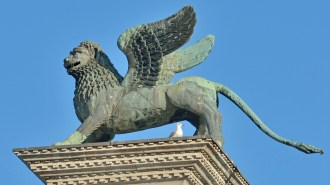 Archaeology
ArchaeologyVenice’s iconic winged lion statue originated in ancient China
European artisans turned a Tang Dynasty tomb guardian sculpture into a symbol of medieval Venetian statehood, researchers say.
By Bruce Bower -
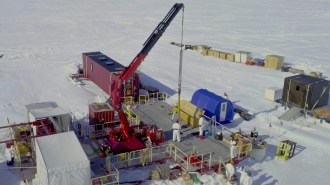 Microbes
MicrobesAntarctic lake microbes have flexible survival strategies
Life teems under the Antarctic ice sheet. In subglacial Lake Mercer, it is surprisingly versatile and isolated from the rest of the world.
By Douglas Fox -
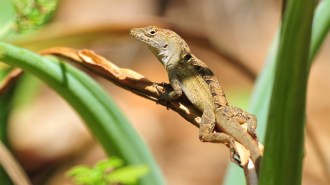 Animals
AnimalsThis lizard can tolerate extreme levels of lead
Cuban brown anoles have the highest blood lead levels of any vertebrate known — three times that of the previous record holder, the Nile crocodile.
By Meghan Rosen -
 Health & Medicine
Health & MedicineA cold today helps keep the COVID away
A recent cold appears to be a defense against COVID-19 and a partial explanation for kids’ tendency toward milder coronavirus infections.
-
 Health & Medicine
Health & MedicineA bioengineered protein may someday treat carbon monoxide poisoning
Mice treated with the protein, which is found in bacteria, quickly eliminated carbon monoxide from their body in their pee.
-
 Astronomy
AstronomyA newborn planet munches on gas and dust surrounding its host star
In a first, astronomers imaged a baby planet within a gap in the disk of material around a star, confirming predictions about how rings form.
-
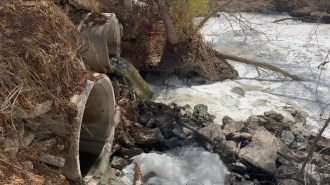 Environment
EnvironmentRiver turbulence can push toxic pollutants into the air
Levels of hydrogen sulfide gas soared near a raging section of the Tijuana River in San Diego, exposing residents to potentially harmful air pollution.
-
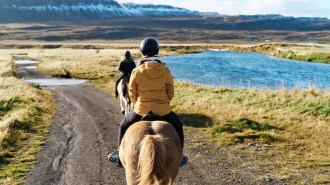 Life
LifeHorses may have become rideable with the help of a genetic mutation
To make horses rideable during domestication, people may have inadvertently targeted a mutation in horses to strengthen their backs and their balance.
By Jake Buehler -
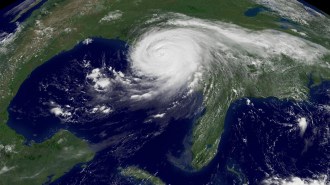 Earth
Earth20 years after Hurricane Katrina, is the U.S. better prepared?
Hurricane forecasts have improved since Katrina, but risks from climate change and budget cuts loom.
-
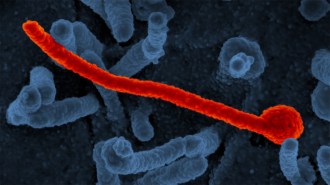 Health & Medicine
Health & MedicineA new antiviral blocks 6 deadly viruses in mice but faces a long road ahead
Scientists report that targeting sugars on virus surfaces stopped multiple infections, though the approach needs much refinement before human trials.
By Payal Dhar -
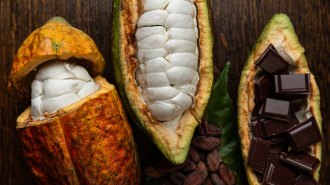 Microbes
MicrobesWhat makes chocolate taste so good? It’s the microbes
Beans matter, but microbes may be the real secret to fine chocolate flavor. Scientists are building starter cultures that may improve quality.
-
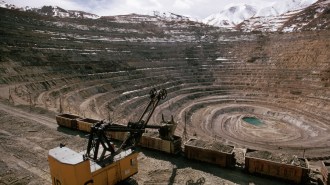 Earth
EarthUseful metals get unearthed in U.S. mines, then they’re tossed
Recovering these metals from mining by-products destined for waste sites could offset the need to import them from elsewhere or open new mines.
By Nikk Ogasa